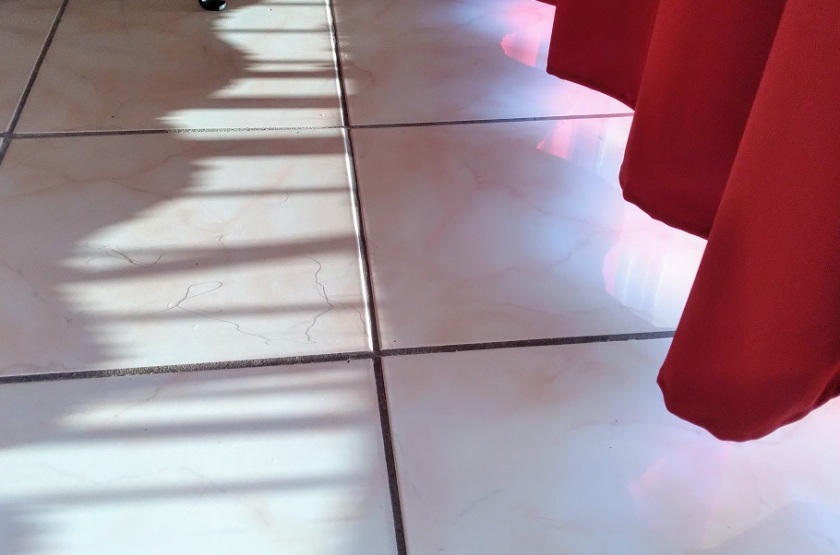To paraphrase Andrew Wommack: If our lives aren’t supernatural, they’re superficial.
Through much of my life I didn’t believe that demons really existed. They made interesting characters in spooky stories, but from a superficial perspective psychology seemed to explain them away as personality disorders. That unbelief in them undermined, but it did not crash, my belief in the rest of the supernatural.
To counter that unbelief in demons and reaffirm a belief in the supernatural I remember reading M. Scott Peck’s People of the Lie on evil and Raymond Moody’s Life After Life on near death experiences. However, my grounding view of demons came more from movies like The Exorcist than the Gospels.
Sentimental New Age influences also crept in. The movie Labyrinth offered a view of the demonic that seemed simpler to cast out if only I could remember the magic spell. I began to realize it was easier to tell a demon he had no power over me than to actually stay free from demonic addiction. However much New Age spirituality invitingly plays with the demonic, it brings no authority with it to boss demons around.
Too often I forgot that it is only through exercising the authority of Yeshua (Jesus) that I had any hope of being victorious when facing a demon. Eventually I saw them manifest through their effects like addiction, anger, illness or sin on my life and the life of those around me.
As disciples of Yeshua we are sent to heal the sick and cast out demons among other things (Matthew 10:8). If we don’t know how to go about that, we could prayerfully start with ourselves. If Peter’s shadow is any indication of what is possible (Acts 5:15-16) we may not have to say a word before the demons scatter.
Weekly Parashah Readings
Parashah: Bechukotai, 27 Iyar, 5782 – May 28, 2022
Torah: Leviticus 26:3-27:34
Haftarah: Jeremiah 16:19-17:14
Brit Chadashah: Matthew 21:33-46; 2 Corinthians 6:14-18
Resources: Chabad, Hebrew4Christians, Weekly Torah Readings, Calendar



